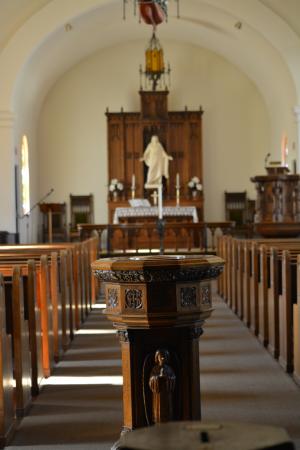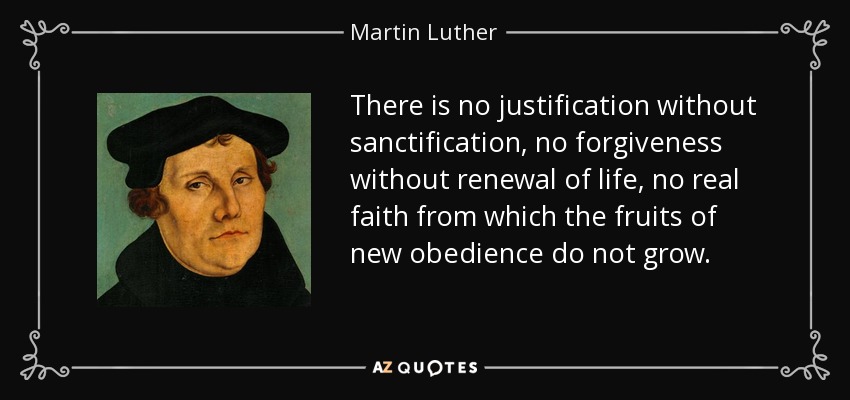The problem for Lutherans is that nearly everyone can claim Luther for one point of view or another. Luther often played one side against the other. On one hand Luther could insist that there is no baptism but which every Christian can administer (and down the line) and on the other hand he could characterize those who act like pastors but are not ordained as monkeys mimicking people. It would be great fun pitting Luther against Luther but the fun soon wears thin when we realize that the state of the churches hangs in balance. I must admit that I enjoyed the parlay as a student but now forty years later I am over it.
As bad as it is when try to pit Luther against Luther, it is worse when we try to pit the Lutheran Symbols against the Lutheran Symbols. After all, as good or bad as Luther can be, we are bound to few of his writings but we as Lutherans are certainly abound to our Confessions. This ceases to be a game when we throw articles at each other as if there was nothing cohesive or cogent in the Lutheran confessional identity. But that is where we are at today. On one hand, we have pastors who have decided to read the Confessions only to find the places where differences can be permitted under the grand rubric of adiaphora in which nothing is wrong and everything is permitted. On the other hand, we have those who read the Confessions from the vantage point of their own theological and liturgical perspective.
The cohesive thread throughout the Lutheran Symbols is laid down at the end of the Augsburg Confession. The reformers are claiming that they are true evangelical catholics who have invented nothing novel or new but restored content to old forms and renewed old forms by removing more recent additions. This is the lens through which all of the Lutheran Confessions must be read or they become incoherent and inconclusive. Yet this is what Lutherans have struggled with most of all. Whether by instinct or intent, Lutherans have tried to cast off the mantle of evangelical catholicism for a long time. It is not a recent foible but a well traveled rut in our history and present life. Nothing is more true to the difficulties we Lutherans find ourselves in than our penchant for deviating from the evangelical catholic norm and pursuing our own identity independent of our catholic claim or without the true evangel of justification by grace.
Luther's true heirs are not those who follow Luther or who pit Luther against Luther or who prefer Luther over the Symbols. No, indeed, Luther's true heirs are those who adhere to this principle laid out in the conclusion to the Augustana. If we got this right, the endless battles between the progressives who prefer culture over Scripture and feelings over truth as well as the worship wars might be over. But it is perhaps too much for us to remember the claim that marked this reform over others -- in doctrine and ceremonies nothing has been received on our part against Scripture or the Church Catholic.Conclusion to the Augsburg Confession:
1] These are the chief articles which seem to be in controversy. For although we might have spoken of more abuses, yet, to avoid undue length, we have set forth the chief points, from which the rest may be readily judged. 2] There have been great complaints concerning indulgences, pilgrimages, and the abuse of excommunications. The parishes have been vexed in many ways by the dealers in indulgences. There were endless contentions between the pastors and the monks concerning the parochial right, confessions, burials, sermons on extraordinary occasions, and 3] innumerable other things. Issues of this sort we have passed over so that the chief points in this matter, having been briefly set forth, might be the more readily understood. 4] Nor has anything been here said or adduced to the reproach of any one. 5] Only those things have been recounted whereof we thought that it was necessary to speak, in order that it might be understood that in doctrine and ceremonies nothing has been received on our part against Scripture or the Church Catholic. For it is manifest that we have taken most diligent care that no new and ungodly doctrine should creep into our churches.











